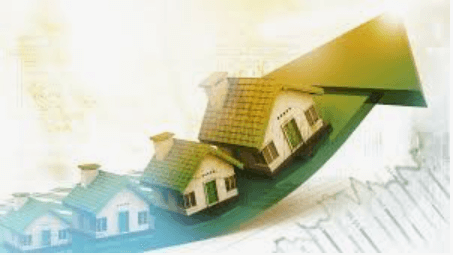
Real Estate Market Crash: Causes, Impacts, and Expert Insights
Introduction
The real estate market is known for its ups and downs, and one event that often generates concern among investors and homeowners alike is a real estate market crash. In this article, we will delve into the causes and impacts of a market crash, while also providing expert insights to help you understand this phenomenon better. Read more
Understanding a Real Estate Market Crash
A real estate market crash refers to a significant decline in property values, resulting in a substantial decrease in demand and sales activity. This downturn can be caused by various factors, including economic conditions, government policies, and speculative bubbles. Let’s explore some of the common causes in detail: Read more
Economic Factors
Economic recessions or downturns can negatively impact the real estate market. When individuals experience financial hardships, they may delay or forgo purchasing properties, leading to reduced demand. Unemployment rates and declining income levels can also contribute to a decrease in homebuyers’ ability to afford properties, further dampening the market. Read more
Government Policies
Changes in lending regulations, interest rates, or tax policies can significantly impact the real estate market. For instance, if the government increases interest rates, it becomes more expensive for buyers to obtain mortgage loans, reducing demand and slowing down the market. Similarly, altering tax incentives for homeownership or real estate investment can influence buyer behavior and potentially lead to a market downturn. Read more
Speculative Bubbles
Speculative bubbles occur when property prices become disconnected from their intrinsic value, driven primarily by speculation and investor hype. Eventually, the bubble bursts, causing a sharp decline in prices as demand collapses. Examples of past real estate bubbles include the United States’ housing bubble in the mid-2000s and the housing bubble in Japan during the late 1980s.
Impacts of a Real Estate Market Crash
A real estate market crash can have far-reaching effects on various stakeholders within the housing market. Let’s explore some of the common impacts:
Decline in Property Values
The most apparent impact of a market crash is the decline in property values. Homeowners may experience a significant decrease in the equity they have built over time, which can lead to financial strain and difficulty in selling properties.
Foreclosures and Distressed Sales
A market crash often results in an increase in foreclosures and distressed sales. Homeowners who are unable to meet their mortgage obligations may face foreclosure, leading to an influx of properties in the market at discounted prices.
Reduced Construction and Development
During a market crash, developers may scale back or halt new construction projects due to the lack of demand and uncertainties in the market. This can result in a slowdown in the construction industry and a decrease in job opportunities.
Impact on Financial Institutions
Real estate market crashes can have a significant impact on financial institutions. If property values plummet, banks may face higher default rates on mortgage loans, leading to financial losses and potential instability in the banking sector.
